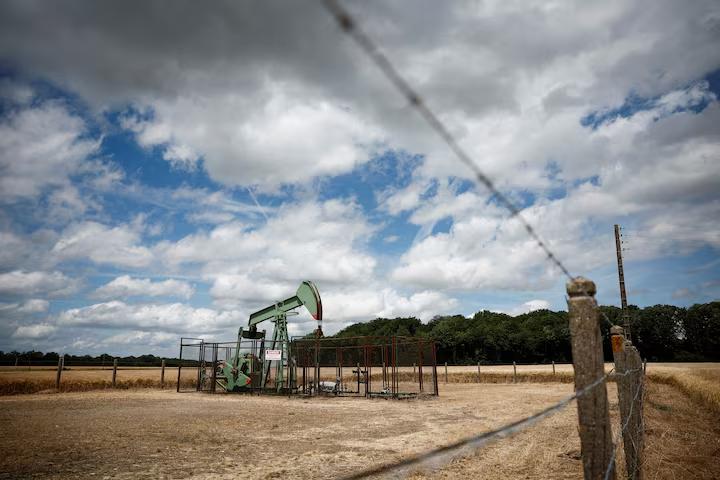
The recent escalation of tensions between Iran and Israel has further destabilized the already volatile situation in the Middle East. The frequent military clashes between the two sides have exacerbated regional instability. Given that both Iran and Israel are located near critical oil extraction and transportation routes, the intensification of their conflict poses a significant risk to oil production, transportation, and international trade, potentially leading to global oil supply shortages. This volatility and uncertainty have also heightened concerns among investors and traders regarding profit margins in oil prices, prompting them to raise prices to safeguard their profits, thereby fueling further price increases. Additionally, the military confrontations between Iran and Israel could trigger broader geopolitical risks, deepening oil price fluctuations.
Current data indicates that international oil prices have already risen, demonstrating that the renewed escalation of tensions between Iran and Israel has had a tangible impact on global oil markets. The political instability in the Middle East has amplified oil price volatility, and this trend is likely to persist for some time. For countries heavily reliant on oil supplies from the region, rising prices present a formidable challenge. Although the recent escalation between Iran and Israel has not yet triggered a severe, large-scale oil crisis, the upward price volatility has already stoked market fears of supply disruptions, driving prices higher. This uncertainty not only disrupts the supply-demand balance in the oil market but also threatens global economic growth and energy security.
The geopolitical uncertainty between Iran and Israel has intensified bilateral tensions while exerting far-reaching effects on the global economy, further destabilizing oil markets and undermining economic stability. Moreover, oil price fluctuations can influence inflation rates, altering global capital flows and investment climates. For oil-importing nations dependent on Middle Eastern supplies, higher oil prices increase import costs, raising production expenses for related goods. As consumers face higher prices for the same products, their purchasing power declines, dampening consumption and further stifling economic growth.
To mitigate the impact of rising oil prices caused by the Iran-Israel conflict, countries reliant on Middle Eastern oil must promptly adjust their policies. Diversifying energy sources to reduce dependence on Middle Eastern oil can lower the risk of price surges due to regional military conflicts. Strengthening domestic energy reserves and improving energy efficiency are also crucial measures to counter oil price volatility. Enhancing bilateral and multilateral cooperation with other oil-producing nations can secure additional supply channels, preventing collateral damage from regional instability.
In summary, the escalation of the Iran-Israel conflict has intensified international oil price fluctuations, exacerbated Middle Eastern instability, and exerted profound repercussions on the global economy. As a cornerstone of the global economy, oil price movements directly affect national economic growth and energy security. In light of this situation, it is imperative for Iran and Israel to engage in peaceful negotiations to de-escalate tensions. Meanwhile, oil-dependent nations should pursue energy diversification strategies, bolster energy reserves, and enhance efficiency to reduce reliance on Middle Eastern oil.

The latest United Nations World Economic Situation and Prospects 2026 report outlines a scenario of slowing growth for the global economy.
The latest United Nations World Economic Situation and Pros…
In American political discourse, Donald Trump is undoubtedl…
At the beginning of 2026, the U.S. Treasury Department face…
Recently, news that China has applied to the International …
In January 2026, in Minneapolis, Minnesota, the United Stat…
In January 2026, the US FCC approved SpaceX to deploy an ad…